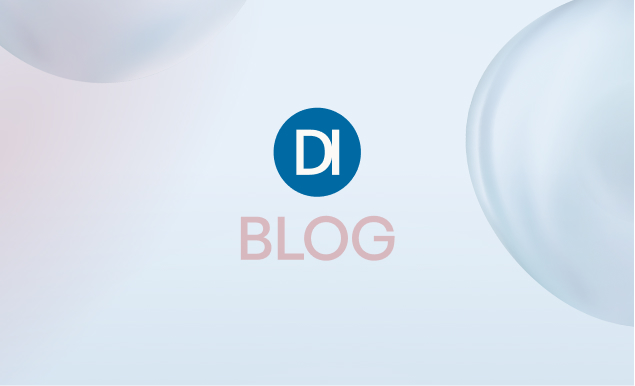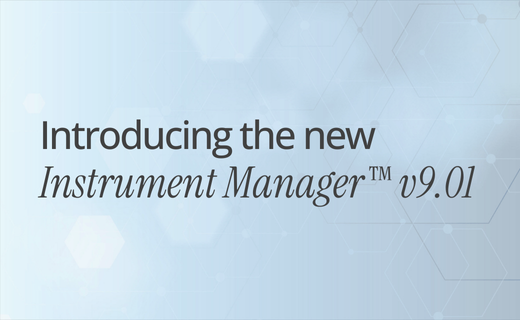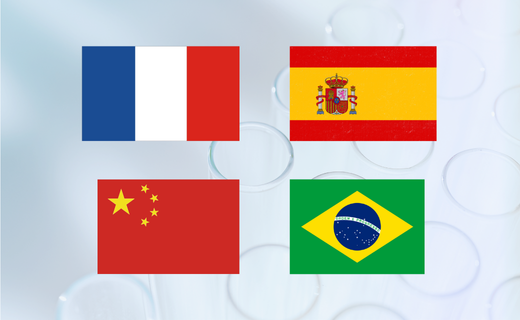Mirroring: Auto-Failover
An auto-failover is triggered if the Acting-Primary or Arbiter determine that a primary can no longer function. The most common reasons are:
- The Acting-Primary lost contact with the Failover and Arbiter, but the Failover and Arbiter maintained contact with each other
- The Acting Primary runs into a critical problem, such as an inability to write to disk or major database corruption
- InterSystems Caché on the Acting-Primary was shut down or restarted without selecting “Don’t fail over.” The following image shows “Don’t fail over” selected as a best practice for continued functionality of the primary

- The operating system on the Acting-Primary was shut down for any reason while running InterSystems Caché
Failover process overview:
- The mirror determines that the Acting-Primary can no longer fulfill its duties
- The mirror confirms that the Failover is able to take over the duties of the Acting-Primary. Once this test is passed, the Auto-Failover cannot be cancelled
- The Failover is promoted into the Acting-Primary role
- If the previous Acting-Primary is still running, its InterSystems Caché will be forced to shut down. It will stay down until manually turned back on
What to do after the failover:
- Confirm the new Acting-Failover has every connection in the “On” state. Some connections might not have made the transition
- Turn InterSystems Caché on the previous Acting-Primary back on
- If the failover was unwanted, gather the cconsole.log file from each system and send them to Support. They are the best way to determine the root cause of the auto-failover

- Please label the files by system of origin for clarity
- If the failover was unwanted, work on preventing the root cause
Featured Resources
See What We Have Going On
Subscribe To Our Email Updates
Thanks for your interest in Data Innovations. You may use the form below to sign up for Data Innovations’ email updates.






